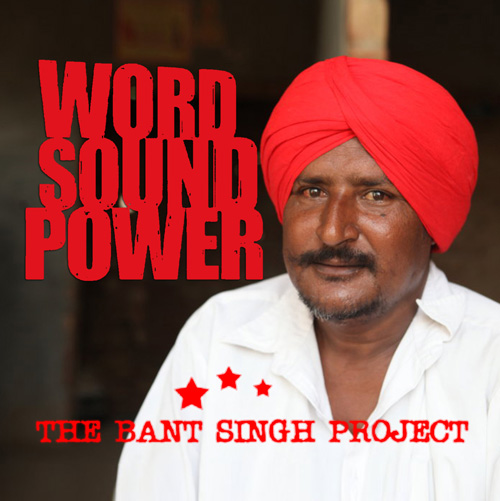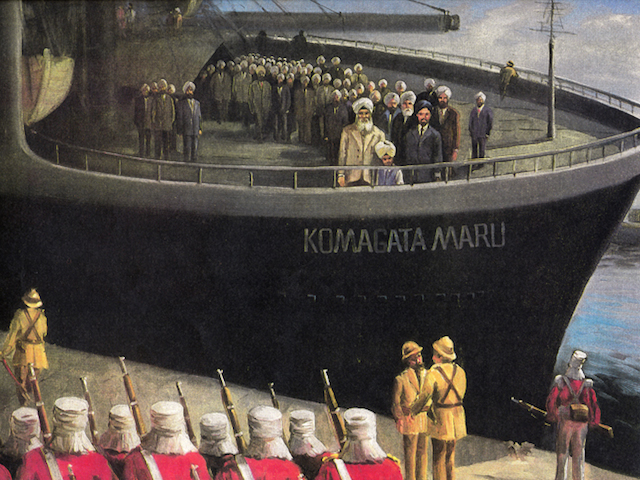Delhi-based reggae MC Taru Dalmia travels to villages in India to record songs that speak truth to power.

June 3, 2012
My favorite nonfiction of 2011 was Broken Republic, a collection of three essays by Arundhati Roy that later came out in the United States under the title Walking with the Comrades. That was also the name of the book’s centerpiece, a remarkable work of reportage, adventure, and analysis, originally published in Outlook. Roy traveled deep into the Dantewada forest of east-central India, where mining interests are taking over and clearing indigenous land, in violation of constitutional protections for Adivasi (“tribal”) people, yet with support from the government and its CRPF paramilitary police. Fighting the dispossession are indigenous activists and, saliently, a Maoist insurgency—the extension of the Naxalite movement of the 1970s—that has provided defense and services to Adivasis yet has its own ideological priorities and organizational flaws. As Roy moves through the forest and villages with these “comrades” and meets the communities they claim to represent, she grounds the vast, swirling issues at stake—political, economic, environmental—in the lives of the people at the vortex. A masterpiece of engagé journalism, her report is all the more haunting when one considers that battles of this kind are occurring all over fast-growing India, where land and minerals are precious but lives—at least those in certain categories—are terribly cheap.
Now Roy’s reporting and that of other critics (for instance Neelesh Mishra and Rahul Pandita’s The Absent State has a soundtrack of sorts, in the Word Sound Power project of Delhi-based reggae MC Taru Dalmia, who performs under the name Delhi Sultanate, and his colleagues Chris McGuinness and Samrat Bharadwaj. In 2010 the three traveled to the Punjab village of Bant Singh, a Dalit (“untouchable”) rural laborer, activist and singer, to record a series of reggae-meets-Punjabi revolutionary songs. Singh had lost three limbs in a revenge attack after he successfully filed charges against the upper-caste men who raped his daughter—the kind of rural caste violence and enforcement ongoing in many parts of the country. The Bant Singh Project (watch the mini-documentary) not only showed Singh to be still in full voice, but made his story more widely known in India as well as on international reggae and electronica dance floors. (The Caravan had this 2010 story on the project; I interviewed Dalmia for MTV Desi last year.)
For Dalmia and friends, though, this is only the first in what they hope to make a series of musical projects that raise awareness in partnership with the people and communities that are losing lives, resources, and dignity amid India’s boom. This brought them last August to Kucheipadar village in Odisha (the new name for Orissa state), another place where Adivasis and Maoists are fighting mining interests and police, in the same conflict belt where Roy took her journey. “Blood Earth” is the title of the resulting music and film project in development; a trailer video and the first music track are online, and a related exhibition was held last month at the Max-Mueller Bhavan in Delhi.
I had a drink with Dalmia in Delhi early this year; some of the new Word Sound Power projects aren’t yet ready to be publicized, but both the method—deep immersion, on-site mobile studios, films that document the struggle in the voices of their participants—and the ambition are impressive. The work promises a kind of alternative encyclopedia of India’s economic transformation, an interesting model of creative collaboration across class and background lines, and—one may hope—a tool for mobilization in the face of a grinding and violent power dynamic that has more than a faint air of inexorability.


